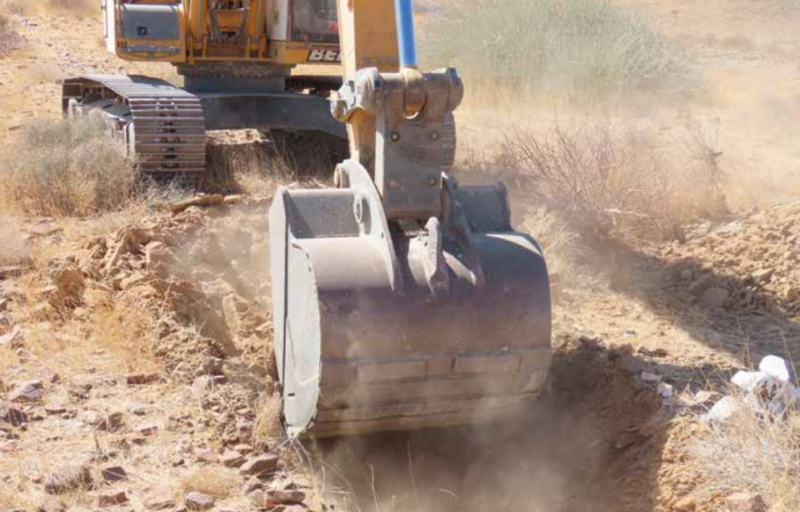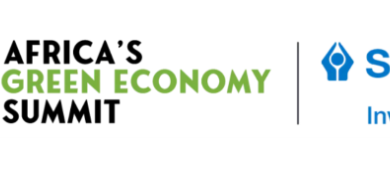Namibia, The Next Frontier for Lithium Exploration
Namibia is poised to become a significant player in the global lithium market, with Askari Metals Limited leading the charge in the exploration and development of this critical mineral.
Sharyn Macnamara spoke with Gino D’Anna, Executive Director of Askari Metals, about the company’s targeted exploration activity at its flagship lithium project in Namibia’s highly mineralised spodumene-rich pegmatite belt.
Trenching at the OP pegmatite target revealed a thicker, more extensive zone of LCT-type pegmatites than previously identified by surface mapping, indicating substantial resource potential. D’Anna emphasized Namibia’s strategic importance in the global lithium supply chain, particularly in achieving the world’s Net Zero goals by 2030 and 2050.
“I look to Namibia for lithium as the next frontier out of Africa to drive the requirement for critical mineral exploration and exploitation,” D’Anna said. He noted the country’s excellent infrastructure, including access to the deepwater port at Walvis Bay, which facilitates shipping to major markets in Asia, North America, and Europe. The region’s robust road networks further enhance the project’s viability.
D’Anna’s 12 years of experience in mineral exploration and mining across various continents have underscored the unique advantages of Namibia. Unlike other African nations like Tanzania, Mali, and Ghana, Namibia offers key infrastructure essential for exploration and future development into a full-scale mining operation. The area’s historical exploration for tin and tantalum has revealed significant, yet underexplored, lithium deposits.
“Namibia is particularly well-endowed with resources,” D’Anna said, highlighting the underexplored nature of lithium mineralisation in the West Cape Cross Belt. Modern techniques, such as geophysics, allow companies like Askari to identify hidden deposits and unlock the region’s true value.
Askari’s local team, including six full-time geophysicists, works closely with Namibian government departments, ensuring swift and efficient progression from exploration to development. The Namibian government’s support and streamlined processes have enabled Askari to move aggressively in its exploration activities.
Environmental and social governance (ESG) is a top priority for Askari, which aims to be a carbon-neutral lithium producer. The region’s abundant solar energy resources, combined with borehole access to water, support sustainable operations. Askari plans to install small-scale desalination plants, benefiting both the mine and the local community.
D’Anna highlighted the project’s potential positive impacts on Namibia, including employment opportunities and skill dissemination within the local community. Askari has employed local geologists and field technicians, addressing unemployment challenges and fostering a collaborative relationship with artisanal miners in the area.
In conclusion, D’Anna emphasized the importance of having the right local team and strategic partners. Askari’s collaboration with Huayou Cobalt, a leading lithium battery materials supplier, enhances the company’s capabilities and financing opportunities. Namibia’s favorable jurisdiction, geological environment, and low geopolitical risk make it an ideal location for lithium exploration and development.
Source: African Mining Online



